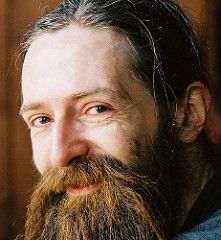Jan 13, 2011
8D Problem Solving for Transhumanists
Posted by Samuel H. Kenyon in categories: business, complex systems, engineering, futurism
Transhumanists are into improvements, and many talk about specific problems, for instance Nick Bostrom. However, Bostrom’s problem statements have been criticized for not necessarily being problems, and I think largely this is why one must consider the problem definition (see step #2 below).
Sometimes people talk about their “solutions” for problems, for instance this one in H+ Magazine. But in many cases they are actually talking about their ideas of how to solve a problem, or making science-fictional predictions. So if you surf the web, you will find a lot of good ideas about possibly important problems—but a lot of what you find will be undefined (or not very well defined) problem ideas and solutions.
These proposed solutions often do not attempt to find root causes or assume the wrong root cause. And finding a realistic complete plan for solving a problem is rare.
8D (Eight Disciplines) is a process used in various industries for problem solving and process improvement. The 8D steps described below could be very useful for transhumanists, not just for talking about problems but for actually implementing solutions in real life.


 The summer 2010 “
The summer 2010 “ Also speaking at the H+ Summit @ Harvard is
Also speaking at the H+ Summit @ Harvard is 







